
Using Game Theory To Redefine PCA, To Speculating Bitcoin Price With Deep Learning
Last Updated on May 24, 2022 by Editorial Team
Author(s): Towards AI Team
AI news, research, updates, an exciting and free-to-attend AI summit, and our monthly editorial picks!
If you have trouble reading this email, see it on a web browser.
Game theory is a mathematical method modeled after the mechanics of game balancing and structure. It’s used to create interactions between multiple parties to help them achieve optimal results without extreme compromises or deviations from normality. It helped Google create an AI that learned how to master Starcraft II in just four hours, and its understanding of risk, strategy, and other critical variables makes it an invaluable tool when teaching AI systems to be flexible and adaptable thinkers. Before diving into how game theory was used to redefine PCA, check out this exciting and free-to-access event, presented by Anyscale:

See how Ray, the open-source Python framework, is used for building distributed apps and libraries, including backend infrastructures and ML platforms. Ray is growing fast, and hundreds of companies are now using it because of its flexibility, scalability, and efficiency. Join Ray Summit by livestream or access the sessions on-demand, all completely free — register here.
Our first editorial pick provides a high-level description of DeepMind’s approach that uses game theory to reimagine PCA. If you’d like to dive into the ICLR award-winning paper by DeepMind called “EigenGame: PCA as a Nash Equilibrium,” you can find it on OpenReview.
Now, let’s face it. AI systems are often opaque, strange, and challenging to use. In the field of machine learning, this is particularly true. If we want to make intelligent systems that people can understand and interact with — more efficiently, a crucial part of the solution is a community where people can come together, share ideas and learn from each other. That is why we created our AI community on Discord — to connect and learn with other data experts and enthusiasts.
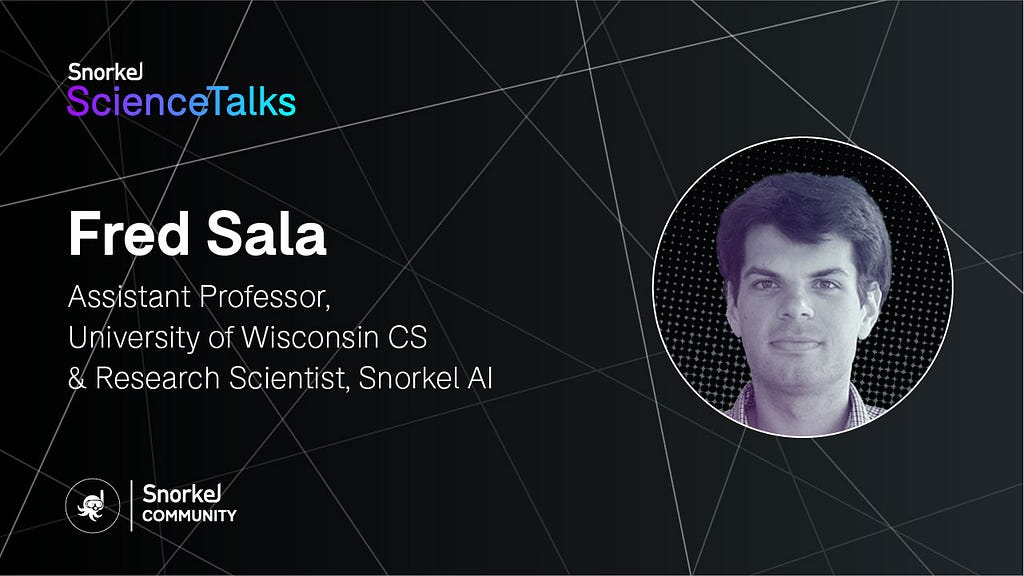
If you are into highly technical and novel machine learning work. We recommend you to check out this talk by Snorkel AI on “Applying Information Theory to ML” with Fred Sala, a research scientist at Snorkel and assistant professor at the University of Wisconsin.
The Neural Information Processing Systems (NeurIPS) conference is doubling down on their efforts to be fully remote, and have come up with 2021 Meetups for this year, to learn more about it, please visit this post on how to host a NeurIPS 2021 Meetup.
If you have not checked it out yet, we recently launched our book on descriptive statistics with Python. This article or this PDF provides a sample of the first 36 pages of the book. Please don’t forget that you can access this work, many more books, and other goodies by becoming a member.
Sharing is caring. Please feel free to share our newsletter or subscription link with your friends, colleagues, and acquaintances. One email per month; unsubscribe anytime! If you have any feedback on how we can improve, please feel free to let us know.
Now onto the monthly picks! We pick these articles based on readers, fans, and views a specific piece gets. We hope you enjoy reading them as much as we did. Also, we started doing something new! We will pick our top-performing articles, and our editors will choose a couple of essays that didn’t have outstanding performance, but due to their quality — they made the cut for the month.
📚 Editor’s choice featured articles of the month ↓ 📚
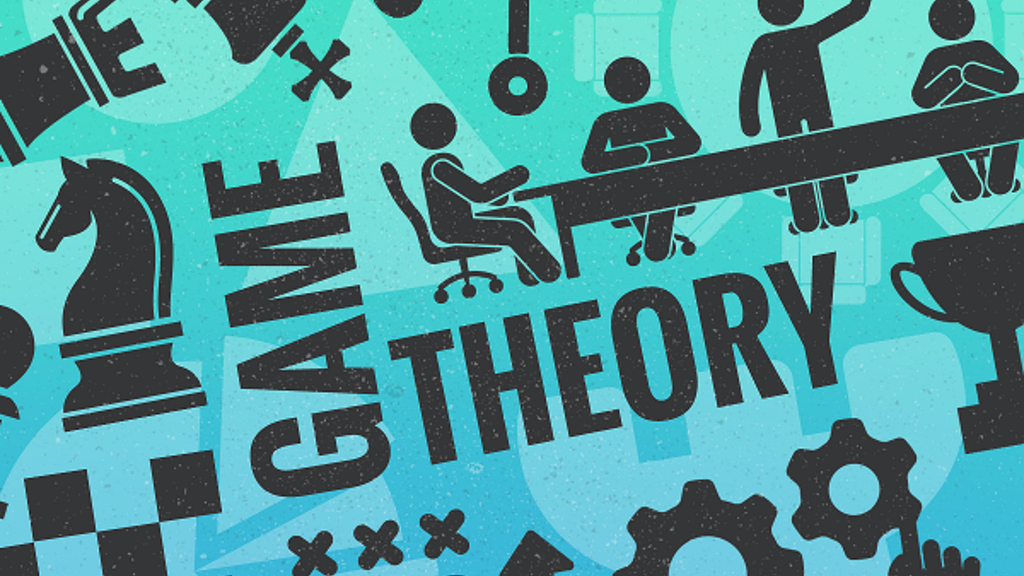
DeepMind Wants to Reimagine One of the Most Important Algorithms in Machine Learning by Jesus Rodriguez
Principal component analysis(PCA) is one of the key algorithms that are part of any machine learning curriculum. Initially created in the early 1900s, PCA is a fundamental algorithm to understand data in high-dimensional spaces, which are common in deep learning problems…
[ Read More ]

Data Science Job Market Trend Analysis for 2021 by Towards AI Team
Are you preparing for a data science job interview in 2021? We have analyzed the hiring trends from more than 3000+ data science job postings across several online career portals. Hopefully, these insights will help you get ready for an interview by analyzing the expectations of employers and the overall market demand…
[ Read More ]

Predicting Genres from Movie Dialogue by Harry Roper
Anyone with even a mild interest in cinema would likely be able to identify the movie that spawned the above line, not least infer its genre. Such is the power of a good quote. But does the majesty of cinematic dialogue also resonate in the ears of a machine? This article aims to employ Natural Language Processing (NLP) features to build a classification model to predict movies’ genres based on exchanges from their dialogue.
[ Read More ]

Bitcoin Price Prediction with RNN and LSTM in Python by Amit Chauhan
In this article, we will discuss a program related to Bitcoin Price Prediction. We will be discussing the libraries used here, too, with graphical representations.
[ Read More ]
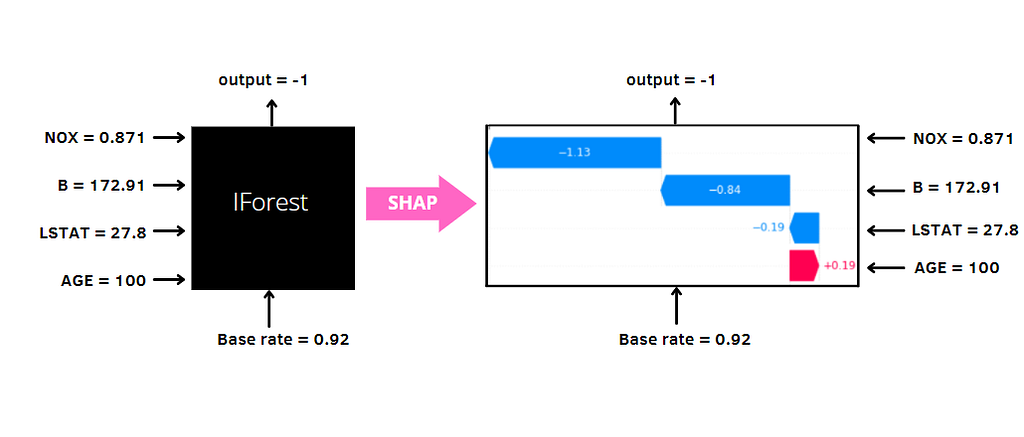
Interpretation of Isolation Forest with SHAP by Eugenia Anello
Isolation Forest is one of the most used techniques to detect anomalies in the data. It’s based on a “forest” of trees, where each isolation tree isolates anomalous observations from the rest of the data points. Despite its simplicity, speed and intuitiveness, there is a drawback. The lack of explanation. Why is a particular observation considered anomalous by the algorithm? How can the output be interpreted?
[ Read More ]
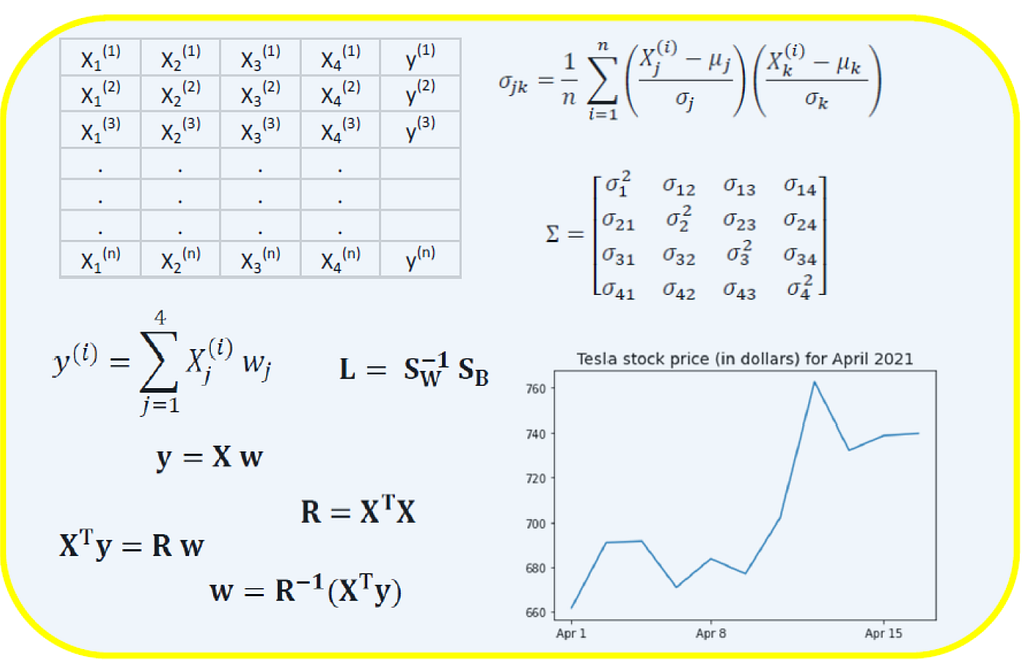
Essential Linear Algebra for Data Science and Machine Learning by Benjamin Obi Tayo Ph.D.
Linear Algebra is a branch of mathematics that is extremely useful in data science and machine learning. Linear algebra is the most important math skill in machine learning. Most machine learning models can be expressed in matrix form. A dataset itself is often represented as a matrix.
[ Read More ]

A Useful New Image Classification Method That Uses neither CNNs nor Attention by Makoto TAKAMATSU
In this post, I would like to introduce MLP-Mixer, which was presented by Google Research, Brain Team (the same team as Vision Transformers (ViT)) in May 2021. Interestingly, the MLP-Mixer, based on ViT, can be trained on large datasets almost three times faster and achieves similar results than state-of-the-art models (ViT and BiT).
[ Read More ]

Why Outlier Detection is Hard by Alexandra Amidon
Outlier detection is a machine learning task aiming to identify rare items, events, or observations that deviate from the “norm” or general distribution of the given data.
[ Read More ]

The 5 W’s and H of Web Scraping by John Bica
Web Scraping is a simple concept in essence. Numerous articles and tutorials cover how you can build your own web scraper in 5 simple steps or 8 minutes of your time. However, while it is true that the act of scraping can be easy to do and pick up, the reality is that most custom web scraping projects aren’t going to fit into the cookie-cutter mold as many website structures can be complex and tricky to navigate.
[ Read More ]
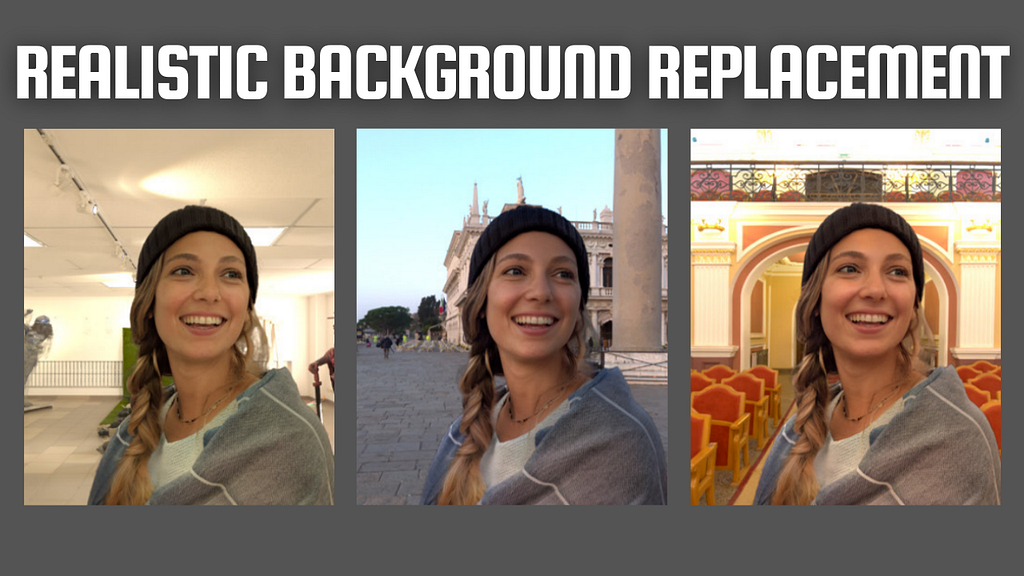
Change your Portraits’ Backgrounds with Realistic Lighting by Louis Bouchard
Have you ever wanted to change the background of a picture but have it look realistic? If you’ve already tried that, you already know that it isn’t simple. You can’t just take a picture of yourself in your home and change the background for a beach. It just looks bad and not realistic. Anyone will say “that’s photoshopped” in a second. For movies and professional videos, you need the perfect lighting and artists to reproduce a high-quality image, and that’s super expensive. There’s no way you can do that with your own pictures. Or can you?
[ Read More ]

Comprehensive Guide to Transformers by Ahmed Hashesh
You have a piece of paper with text on it, and you want to build a model that can translate this text to another language. How do you approach this? The first problem is the variable size of the text. There’s no linear algebra model that can deal with vectors with varying dimensions.
[ Read More ]
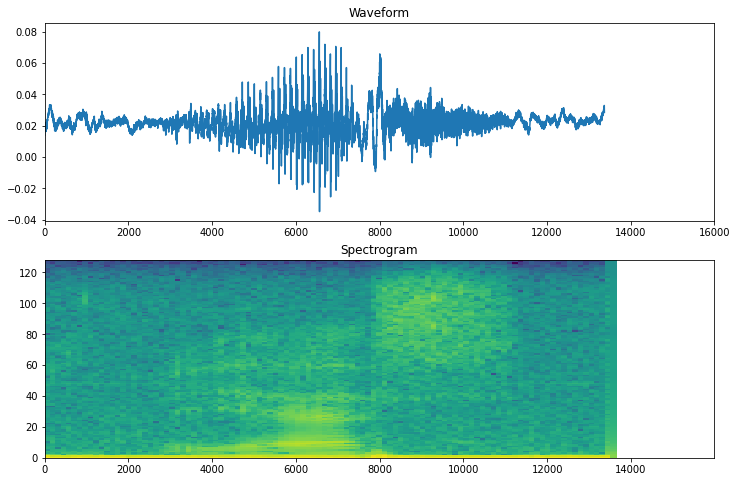
A Gentle Introduction to Audio Classification With Tensorflow by Dimitre Oliveira
We have seen a lot of recent advances in deep learning related to vision and language fields, and it is intuitive to understand why CNN performs very well on images, with pixel’s local correlation, and how sequential models like RNNs or transformers also perform very well on language, with its sequential nature, but what about audio? What are the types of models and processes used when we are dealing with audio data?
[ Read More ]

How to Create a Voice Clone with the Real-Time-Voice-Cloning Toolbox on Linux by David Littlefield
Real-Time-Voice-Cloning Toolbox is a repository that uses transfer learning to create a voice clone. It can clone the voice of someone with five seconds of audio. It can also load audio files from existing datasets, load audio files on the computer, or record new files with the microphone on the computer.
[ Read More ]
- Sponsors | Learn How to Become a Sponsor with Towards AI
- Towards AI
- Join us ↓ | Towards AI Members | The Data-driven Community
🙏 Thank you for being a subscriber with Towards AI! 🙏
Follow us ↓
[ Facebook ] |[ Twitter ]| [ Instagram ]| [ LinkedIn ] | [ Github ] | [ Google News ]
Using Game Theory To Redefine PCA, To Speculating Bitcoin Price With Deep Learning was originally published in Towards AI on Medium, where people are continuing the conversation by highlighting and responding to this story.
Published via Towards AI












